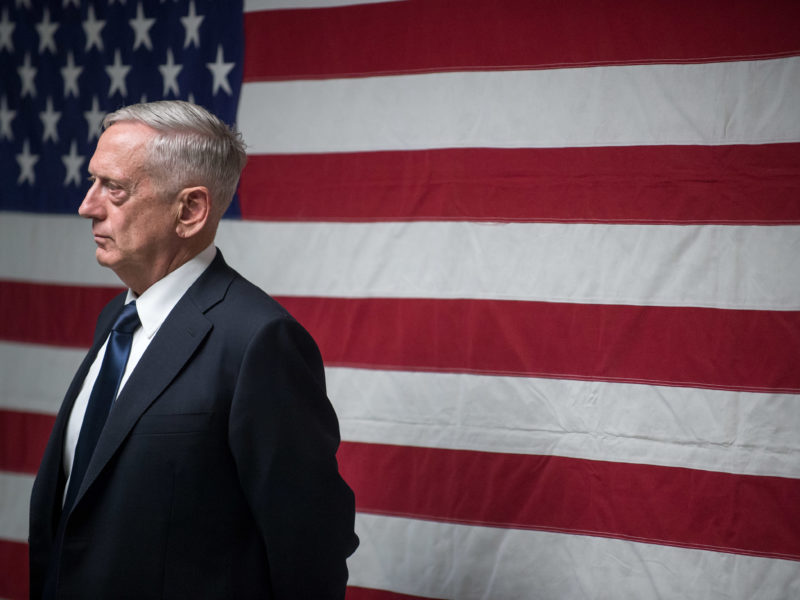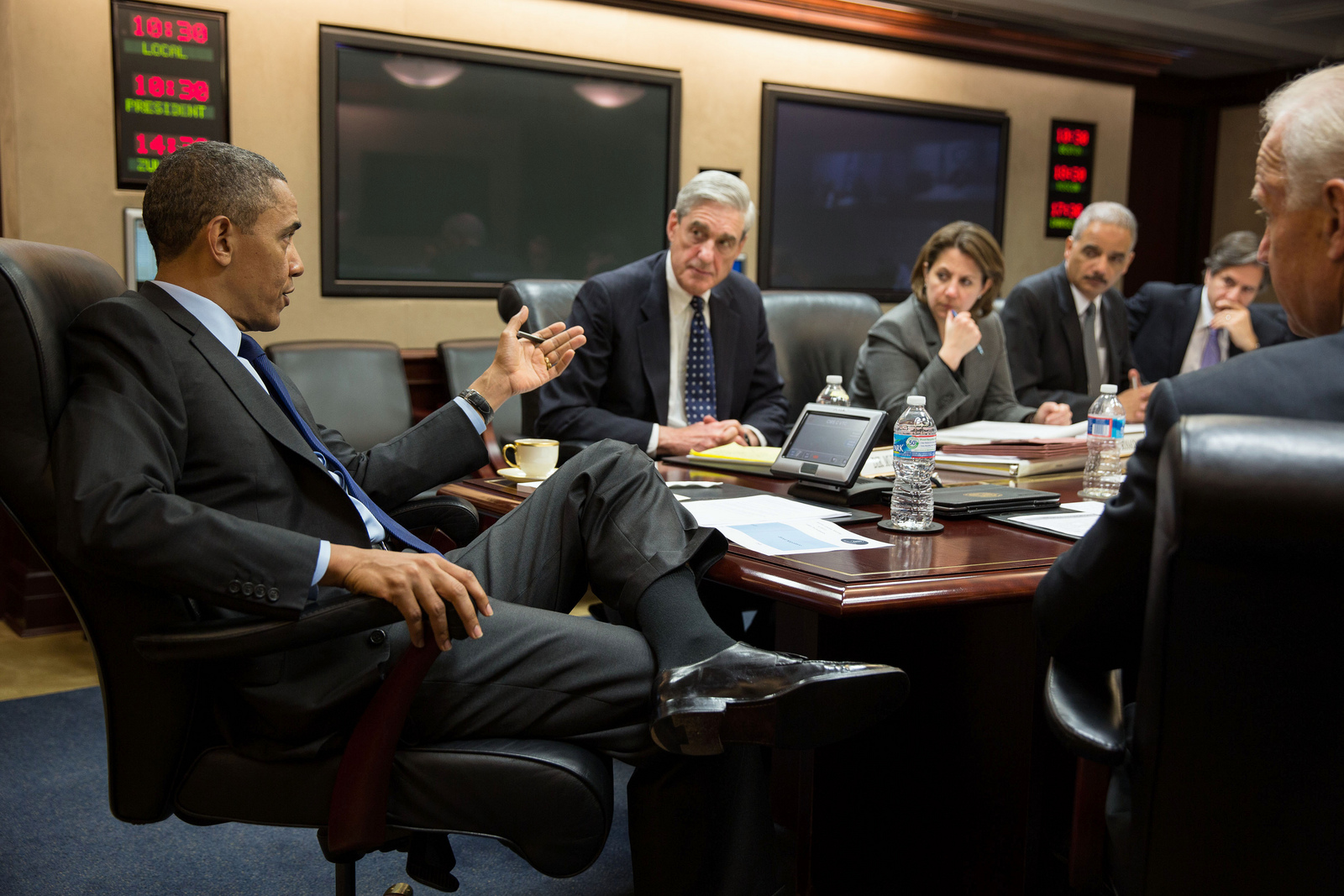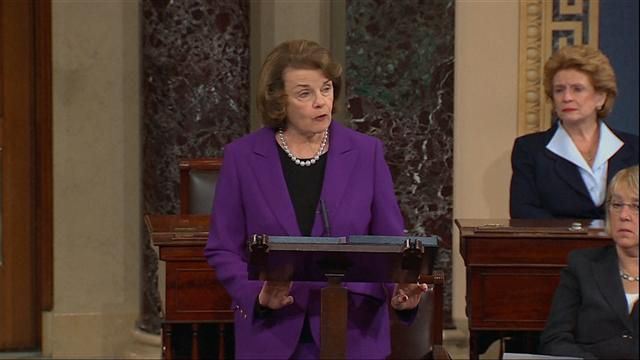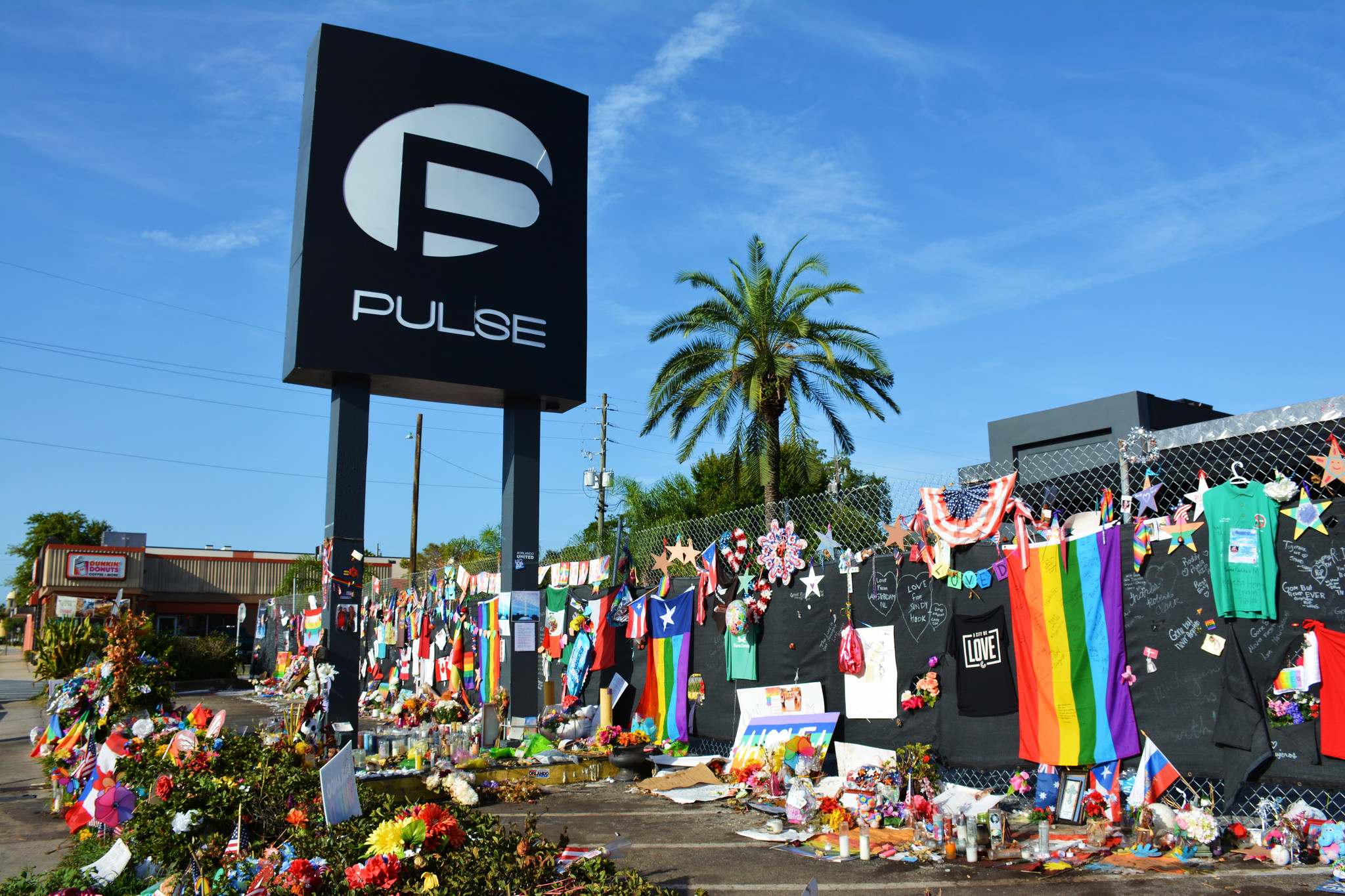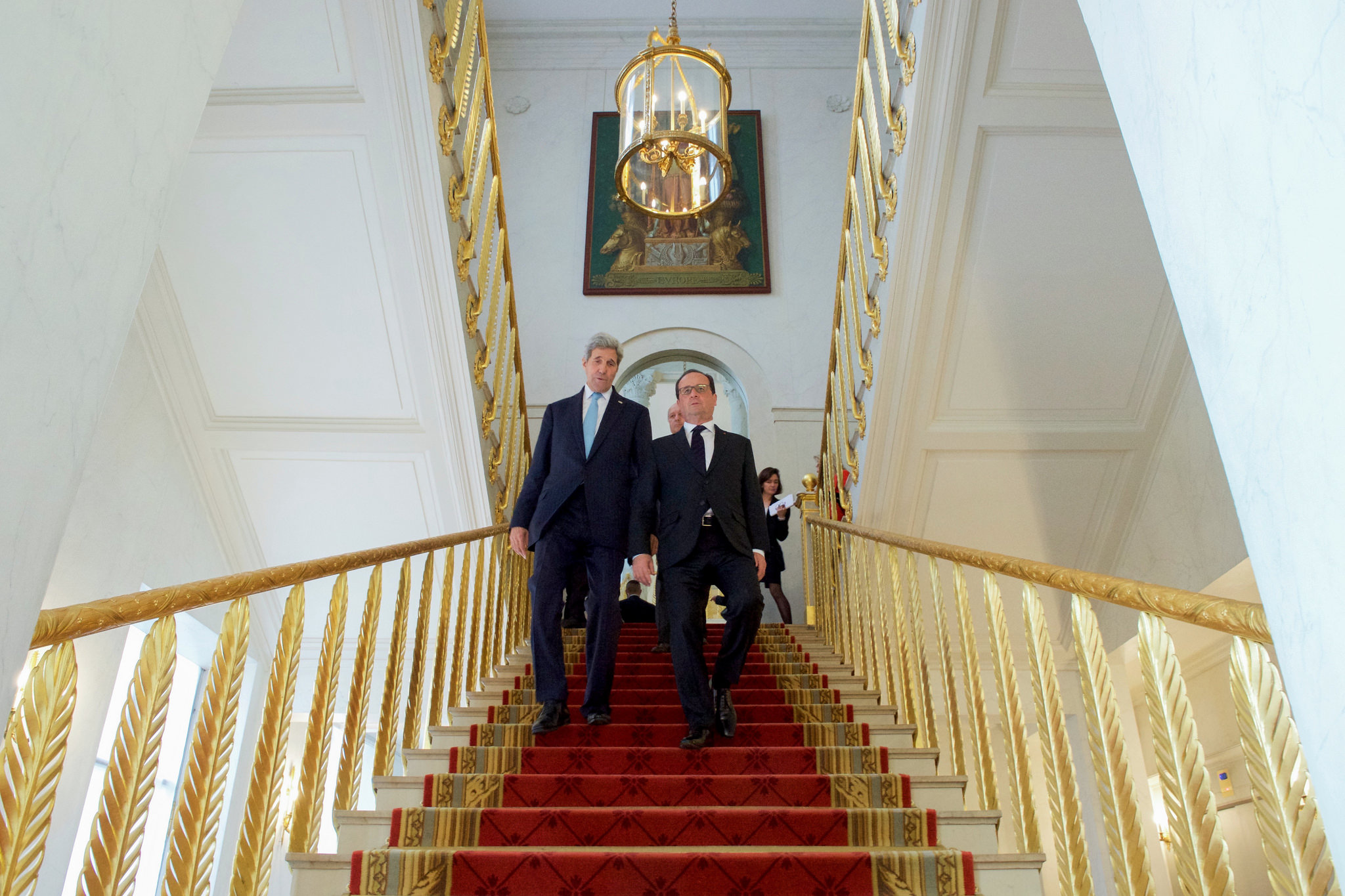By Deborah Avant and guest contributor Kara Kingma Neu
In the wake of increasing military dissent over its use in response to the protests against police brutality, some analysts have been wringing their hands about a crisis in civil-military relations. Even those resisting the “crisis” language articulate worry. Civilian control of the military is taken to be a bedrock principle of democratic governance. Civil-military experts commonly see public expressions of disagreement with political leaders as political acts and worry that such statements, even by retired officers, violate norms, opening the way for insubordination or even intervention by active-duty personnel. Civilians, according to many, “have the right to be wrong”.
But, as some of these same experts observe, President Trump has already taken many steps to politicize the military. His willingness to transgress norms, along with his many levers for using the military without the consent of other parts of the US government, make this a particularly dangerous moment for US democracy. Looking at civil-military relations too narrowly can miss this important dynamic.
The civil-military crisis is unfolding alongside a crisis of democracy. Since President Trump was elected, scholars have documented rising authoritarianism in the US. This is an important backdrop for those protesting against police brutality. Though the Black Lives Matter movement began before, authoritarian moves since 2016 have elevated their concerns.
The people marching to protest police brutality and racial injustice are only the latest in a series of protests that began in 2017. The Crowd Counting Consortium began collecting data on protests in the United States, beginning with the “Women’s March.” And though each has had its own focus, most have shared calls for racial and gender equality and inclusion more generally. The protests against George Floyd’s death have capitalized on a wide variety of outrages and call into question President Trump’s legitimacy as a democratic leader.
Research on civil resistance around the world shows that movements often succeed by pulling away pillars of support from regimes. The military is paramount among these pillars. According to Chenoweth and Stephan, movements that induce security force defections increase their chances of success by 42 percent.
Military dissent that contributes to movement success does not necessarily bring about democratic change. But Neu’s dissertation research demonstrates that when military dissent against authoritarian leaders is overt, widespread, and across the ranks, and when new civilian voices have space (often a product of strong organization), it is more likely to lead to democratization.
Military dissent could produce similar dynamics in the US to curb further democratic “backsliding.” Each of the service chiefs and the chairman have issued carefully crafted statements that reiterate their commitments to racial equality, the constitution, and democratic norms. As Carrie Lee has pointed out, retired military leaders have been more pointed in their criticism of the president but are responding to the administration’s insertion of partisan politics into the military rather than to policies they don’t like.
It is not just the generals who are speaking out. So, too, are the foot soldiers in the National Guard. And they can do more—including testifying at Congress’ request and disobeying illegal orders. When the military reaffirms its commitment to the Constitution and to democratic norms, it makes it harder for the president to, as put by Golby and Feaver, wrap “the military uniform around a controversial policy.”
The recent wave of military statements is not indicative of healthy civil-military relations. President Trump is the elected leader of the US and civilian control is a valued set of institutions and norms. As Risa Brooks tweeted: ”Appreciating the text of Mattis’ statement and Mullen’s yesterday (especially that both signed with just their names). But I SO wish that former military leaders weren’t the most influential voices in our nation’s politics today.”
Analysts are justified in their wariness of military dissent. But these actions come in the midst of a crisis in democracy. How can military professionals be impartial and apolitical while serving an administration that seeks to politicize the military at every turn? In these circumstances, obeying orders is also political—especially orders requiring action against citizens exercising their First Amendment rights.
The civil-military relations crisis should be assessed in light of the ongoing democratic one. Though “the generals won’t save us,” as James Golby tweeted, military dissent can re-invigorate a commitment to social justice and help to curb further democratic backsliding in the US.

